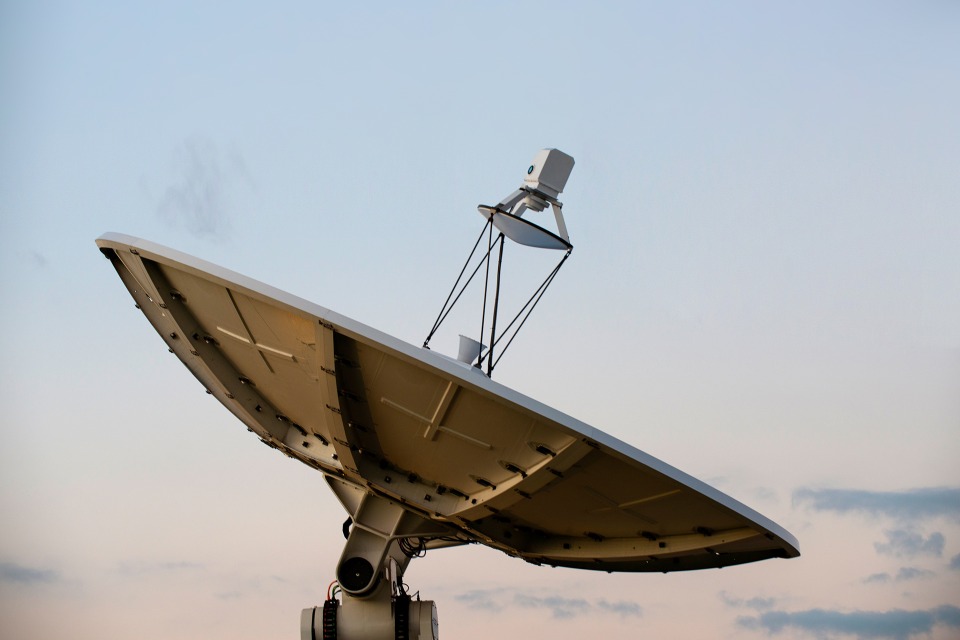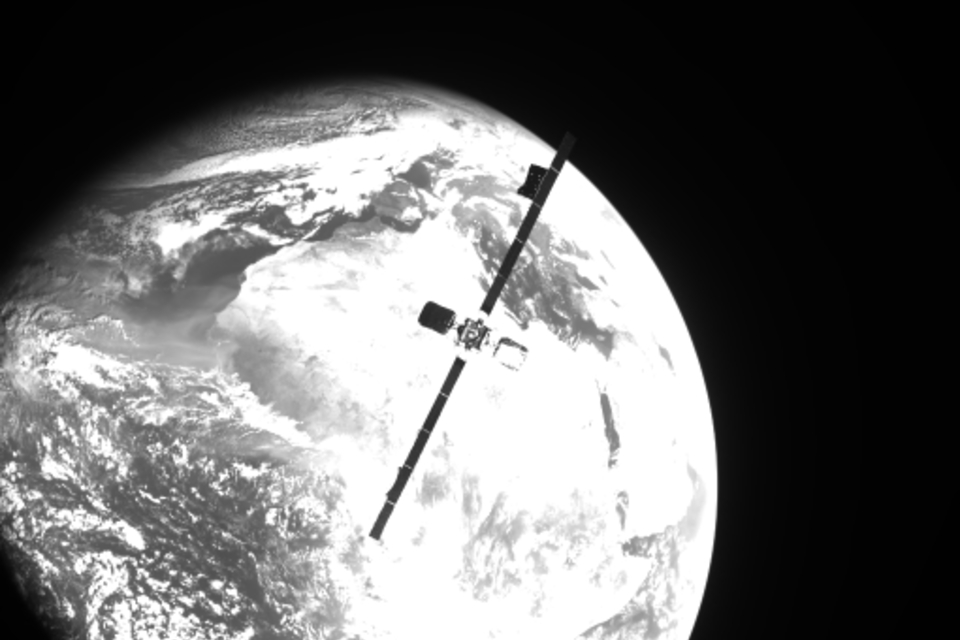Defence Science Technology Laboratory

Dstls space expertise ensures the UK fully exploits the potential of space for defence and security. We research and develop the latest science and technology and give advanced space engineering to support future UK defence space missions, the UKs Defence Space Strategy and the UKs National Space Policy. Some of the areas were focusing on include:
- satellite communications, intelligence and surveillance from space
- monitoring and tracking objects in all orbits, to protect and defend UK interests
- a series of satellite missions to trial prototype systems and technologies for future space operations, to support the governments ambition to form a digital backbone in space
- developing novel science and technology ideas for active service and future use, including looking outwards to 2030 and beyond
Pioneering space technology developments
We work with more than 100 businesses and organisations and 11 international partners to ensure the UK remains at the forefront of the latest space developments worldwide.
Future years will see us build upon pioneering science and technology through satellite launches, implementation of new equipment and refinement of existing tools. Were working tirelessly with a range of partners across government, the military and our suppliers to make this happen.
We work with world-leading industry and academic partners to develop pioneering technologies. Recent innovations include space antenna technologies that enable theUKto deploy a number of antennae in space providing more accurate and frequent satellite images. This will allow all-weather Earth observation at fine resolution, gaining unique advantages with both civil and defence applications.
We collaborate with the Defence and Security Accelerator (DASA)to develop revolutionary advances in novel space technology. Competitions are frequently launched and there is also an open call to enable innovators to come to us at any time if youre interested in helping to develop the next big thing in defence Space.
Operational advantage
Dstlis the science behind the newest part of the armed forces,UKSpace Command. As theUKincreasingly operates both as a joint force, and in partnership with our allies, an advanced space capability is essential to underpin our combat systems and support the other defence domains of air, land, sea and cyber.
Space technologies can give theUKoperational advantage over potential adversaries.
Since 2020, Dstl has had the ability totask a commercial satellite by providing aUKgovernment-owned and operated ground station. The Hermes relocatable ground station and mission operations centre improves how satellite imagery can be used by frontline commands.

Hermes ground station
We provided technical assurance to Tyche, Space Commands first satellite, launched in August 2024 aboard SpaceX Falcon 9. Tyche can capture daytime images and videos of the Earths surface and will strengthen the UKs intelligence, surveillance, and reconnaissance (ISR) capabilities as well as supporting other government tasks, including natural disaster monitoring.
Dstl is also building on existing ground facilities to enhance space operations. In conjunction with the National Security Strategic Investment Fund (NSSIF), 2 new remote ground stations have been installed at Goonhilly Earth Station (GES) in Cornwall to expand Dstls space to ground capability and enable increased experimentation.
A world-leader in space science
DstlleadsUKinvolvement in key international space science and technology activities. With these important burden-sharing partnerships theUKis better able to respond to future opportunities and threats, with an enhanced and valuable defence and security capability:
- a Dstl-headed international group of defence space scientists observing thedocking of 2 active orbiting satellites, in order to improve performance and space safety
- a space domain awareness experiment enabled scientists to capture data that will improve sensors, processing and intelligence for theUKand allied governments

Image of Intelsat 10-02 taken by MEV-2 during the Phantom Echoes satellite docking experiment (Image courtesy of Northrop Grumman)
- the development of new space weather sensing suitein partnership with the US Naval Research Laboratory (NRL), developed miniature sensors to improve the in-space measurement and modelling of the Earths upper atmosphere, which can affect satellite communications
- International Space Pitch Day, last held in November 2022, stimulate the finding, funding and fast-tracking of space innovation and technology alongside our allies
- weve hosted exchange staff to help deepen cooperation and collaboration, including secondees from the United States Space Force, with Dstl employees having the opportunity to benefit from this reciprocal arrangement
Future focus of space science
Through discovery and experimentation, Dstls space capability will help to ensure theUKis ameaningful actor in space by 2030.
To facilitate this we will bring together space-related science and technology work from acrossDstland beyond. We partner with frontline commands and collaborate with Space Command and Defence Equipment and Support (DE&S) to deliver the engineering prototypes necessary to enable first-of-a-kind space demonstration.
Our research often has applications outside defence. We work alongside theUKSpace Agency, Defraand theDepartment for Transportto provide scientific and tech
